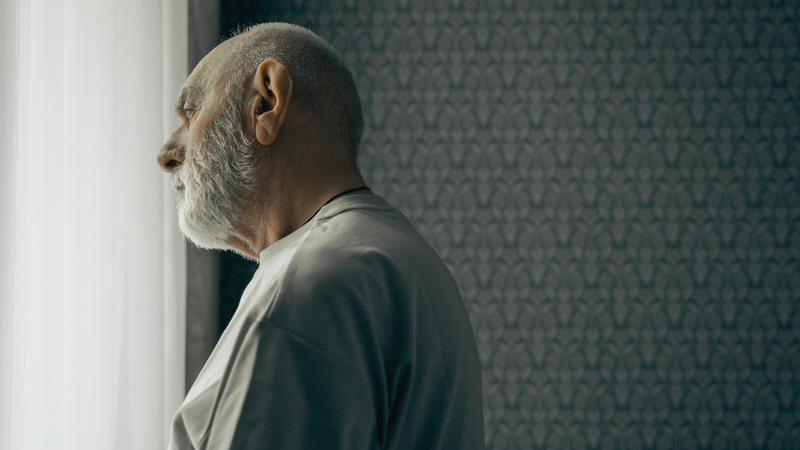The risk of abuse of older and vulnerable adults

It has been reported that there are slightly over 15,000 care homes in England and Wales with a care home population of just under 400,000 elderly and vulnerable people.
It is highly likely that a member of your family is or has been in a care home at some stage of their life or that you know someone who has been.
Everyone wants to think that the elderly and vulnerable are being well cared for and to a large extent they are provided with a warm and professional level of care. However, unfortunately there are regular reports of what is known as elder abuse. The abuse is sometimes in nursing or care homes but can also occur in the person’s own home. The abuser can be a healthcare provider but also a member of their family or a friend. Most survivors of elder abuse are female although some are male. Older adults without family or regular visitors and people with disabilities or memory problems are more vulnerable to abuse, the latter because the abusers often believe they are safe and the person will be unable to remember the abuser’s actions.
The form of abuse can be physical and might include hitting, pushing or slapping but can also include not moving the person correctly or the use of excessive force, restraining an older adult against their will or even locking them in a room.
The abuse can be in the form of neglect which can either be the fault of the carer or carers but can also be due to due to training issues and system failures on the part of the home or care provider. Examples of neglect could be failing to care for the person’s basic needs such as hygiene and grooming, failing to provide them with adequate hydration or nutrition, failing to provide medication, medication administration errors or failing to provide access to health care.
The abuse can also be in the form of sexual abuse with the adult forced to watch or be part of sexual acts. The sexual abuse could be unwanted sexual conduct by employees at the home, other residents or others present in the home. Research confirms that the perpetrator of the sexual abuse is more likely to be male. Complaints of sexual abuse are unfortunately often ignored or rejected when the person suffers from memory problems or dementia.
The Care Quality Commission regulated care homes in England and inspections of homes are carried out by them to ensure that their residents are well supported and safe.
However, in my experience often the abuse is only revealed by a whistle-blower. There can for obvious reasons be challenges around obtaining evidence but where there is sufficient evidence the abusers have been prosecuted and on occasions imprisoned.
There have also been well reported cases where concerned families have installed secret cameras because of concerns about the suspected abuse of a family member. An investigative journalist exposed the abuse of vulnerable patients with learning disabilities or autism at Whorlton Hall in County Durham by covert camera footage which was used in a Panorama documentary.
Jordans Solicitors are currently acting on behalf of the families of vulnerable and older adults whom it is alleged were physically and sexually abused by employees of care providers.
We understand how difficult it can be for you to talk about the abuse of a loved one and our specially trained abuse solicitors work alongside barristers to support you both emotionally and legally.
If you want to discuss the options that are open to you, please contact our specialist Abuse Team.
Contact Us
If you or your child have been affected by anything in this article and would like to speak to one of our highly qualified abuse team members in confidence, then please do not hesitate to contact us. Our highly skilled abuse team will advice you on the available options for pursuing a civil damages claim.
Jordans successfully represent and secure compensation for numerous victims of abuse and are highly experienced in this area. They are experts in overcoming the particular challenges that arise in these types of sensitive cases. Please contact the abuse team on 0800 9555 094